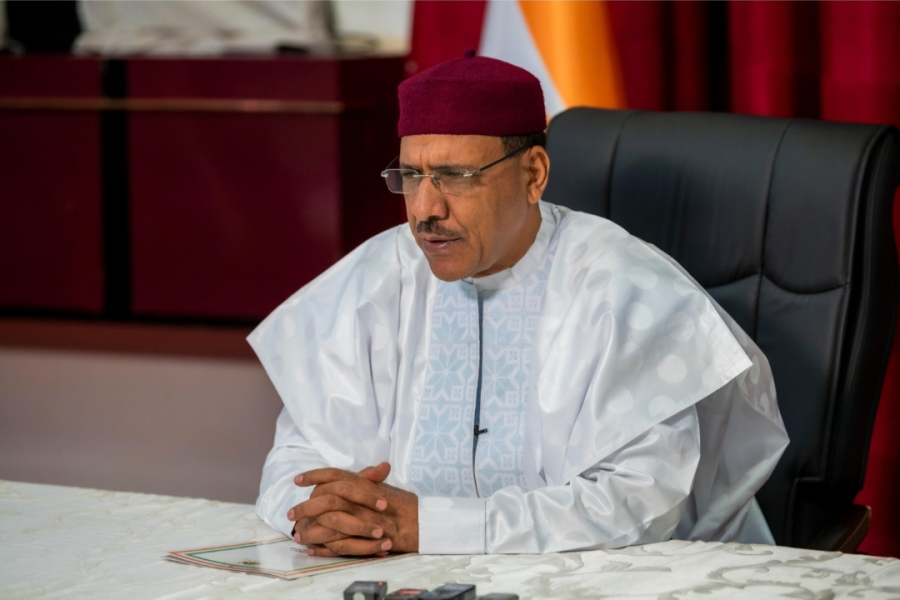Niger: Resisting his resignation, Mohamed Bazoum relies on his trusted allies?

It has been a year since the regime of Mohamed Bazoum was overthrown by the National Council for the Safeguard of the Homeland (CNSP), led by Brigadier General Abdourahamane Tiani.
The coup is now a reality, and regional, continental, and international organizations, along with Niger’s partners, have accepted and are collaborating with the transitional government.
Mohamed Bazoum, now regarded as the former president of Niger, has been under house arrest for a year and continues to refuse to sign his resignation.
This stance contrasts with former leaders like Ibrahim Boubacar Keïta of Mali and Roch Marc Christian Kaboré of Burkina Faso, who resigned following similar upheavals.
Bazoum’s persistence raises questions: Is he waiting for a savior?
Does he rely on trusted allies to destabilize the country and restore his power?
These questions are on the minds of Nigeriens, as well as people across the Sahel and Africa.
Some speculate that Bazoum maintains hope due to ongoing support from his allies, particularly French authorities, who have been accused of attempting to undermine Niger’s current regime.
The military government, which opposes the interests of the former colonial power, believes that France is committed to toppling the military regime by any means necessary.
General Tiani reaffirmed this position in a recent interview on RTN, asserting that France continues to employ various strategies to destabilize Niger and other Sahel countries.
Reports suggest that French military personnel, disguised as diplomats or businesspeople, are active in neighboring countries.
They are allegedly recruiting, training, and arming mercenaries to create unrest, with the complicity of local collaborators. French military bases still present in some African countries are seen as formidable tools for France’s objectives.
France is reportedly acting covertly to achieve its goals in the targeted Sahel countries, particularly within the Alliance of Sahel States (AES).
This alleged interference, along with the involvement of Nigerien expatriates and others in the region, fuels speculation that Bazoum hopes these destabilization efforts will succeed, enabling him to reclaim his position.
As Niger navigates this complex political landscape, the transitional government remains vigilant against both internal and external threats, striving to stabilize the nation amidst persistent challenges.
Titi Keita











